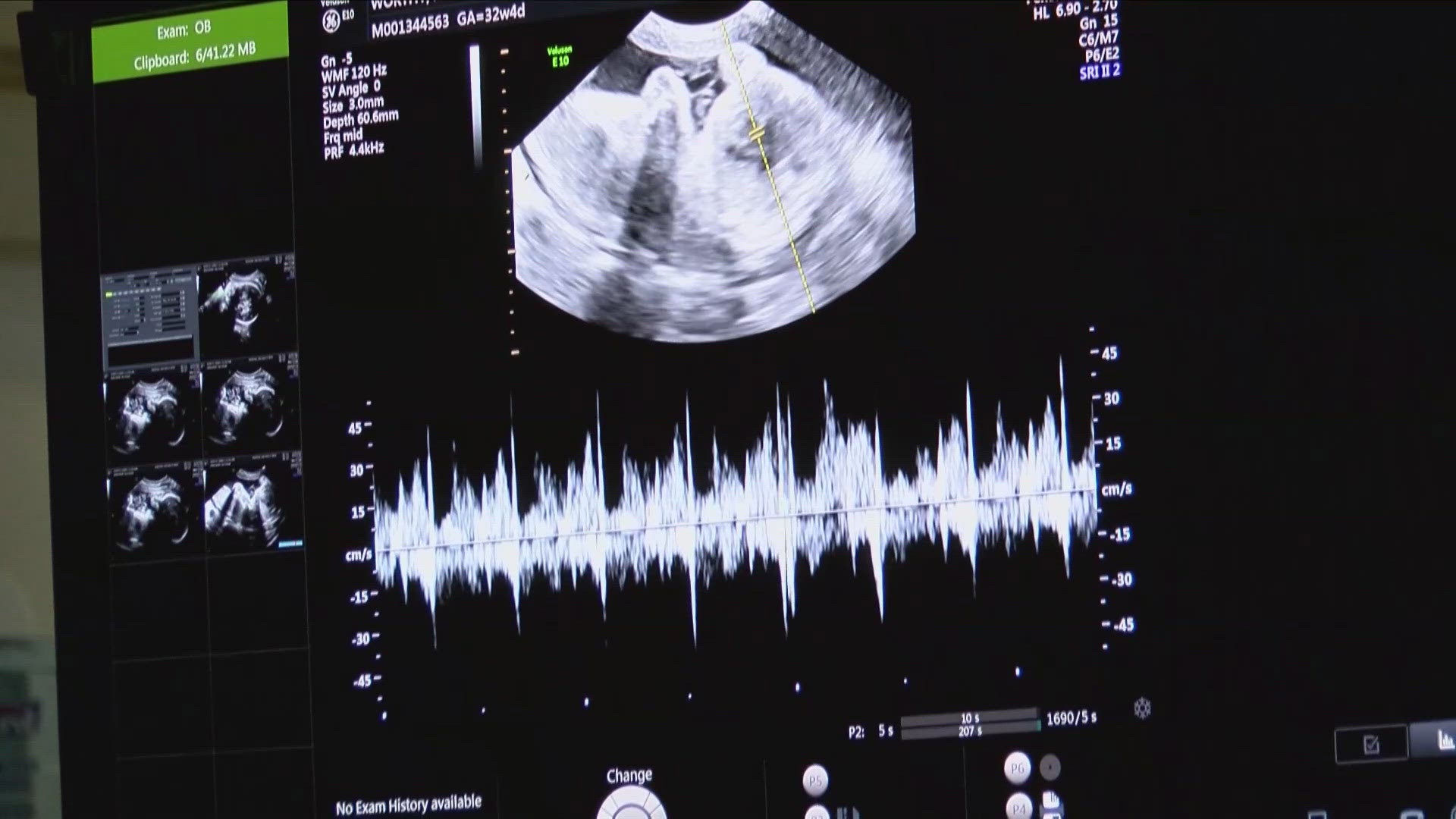MEMPHIS, Tenn. — Thursday marked one year since Memphis Police said Ezekiel Kelly shot six people killing three at different location across Memphis.
Kelly faces 28 charges including three counts of first-degree murder to which he pleaded not guilty. District Attorney Steve Mulroy is seeking the death penalty. So far, no trial date has been set. The shooting spree brought to light conversations around mental health as Kelly had been in and out the justice system.
Many mental health experts say trauma, how we respond, and our behaviors can be on a cycle influencing each other until someone breaks that cycle. Part of breaking it is first recognizing the root and response.
Though facing his own trauma, what shaped Memphis native, Dr. Tariq Pettis-Smith, was his response to it. “When we first identify the trauma that we’re experiencing. We’re self-aware,” said Dr. Pettis-Smith.
The effects of trauma have no time limit.
“My dad was murdered when I was two. I think my mom did a great job putting me in situations where I can have the male support,” said Tariq Pettis-Smith.
He became a community mental health therapist helping others cope with trauma.
“We first have to understand that our environment shapes our mental health. Whatever environment we’re in, that deems our learning stages of life. That then turns into how we interact with our environment,” said Dr. Pettis-Smith.
He believes the environment Ezekiel Kelly grew up in could have played a role one year ago Thursday when authorities said he went on a shooting spree around Memphis killing three people and injuring three others. Records show Kelly had been in the Tennessee Department of Children’s Services system, in and out the juvenile justice system, and later facing criminal convictions as an adult.
Pettis-Smith said early intervention could have possibly helped. “There’s an author who talks about how trauma goes back three generations for one person. Looking at early intervention, if someone is aware of that trauma, then they have the fighting ability to support themselves in that trouble,” said Dr. Pettis-Smith.
It is an ability that also spills over into communities. “What happened in that particular situation, not only Shelby County was affected…Urban communities across the nation who look like that young man and see that young man like that every day in their communities, was affected as well,” said Dr. Pettis-Smith.
That is why Dr. Pettis-Smith said understanding trauma helps better our response to it. “I know a lot of people were probably thinking that that young man was going to get killed because that’s what we’ve seen. It’s normalized,” said Dr. Pettis-Smith. “The police, they really responded according to protocol when I think about it in terms of crisis intervention. They recognized that there was a crisis that was happening.”
While this crisis ended tragically, there are still lessons learned in understanding mental health. “We can reshape our environment through healing. It’s all about healing, healing ourselves so that we can heal the community,” said Dr. Pettis-Smith.
He also said awareness helps to break down stigmas around mental health particularly in communities of color and among Black men. He said that is why meeting people where they are with support and resources can make a world of difference.



